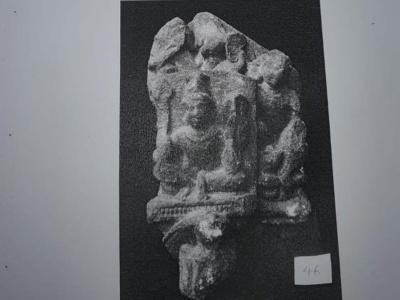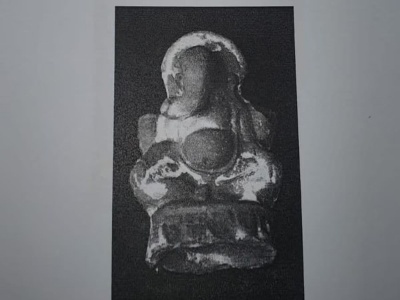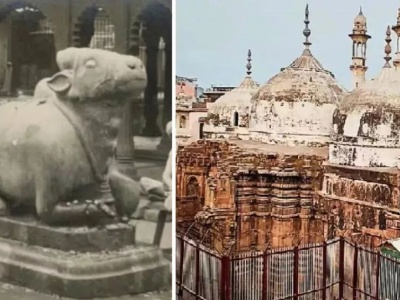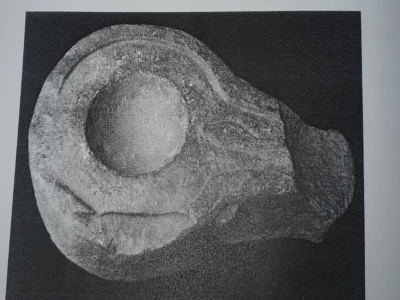Gyanvapi Mosque Pillars, Walls Point to Hindu Temple, Archaeological Survey Finds
By Lokmat English Desk | Published: January 26, 2024 09:08 PM2024-01-26T21:08:12+5:302024-01-26T21:08:22+5:30
Following the inauguration of the Ram temple, Ayodhya now the focus has shifted to the Gnanavapi Masjid in Varanasi. ...
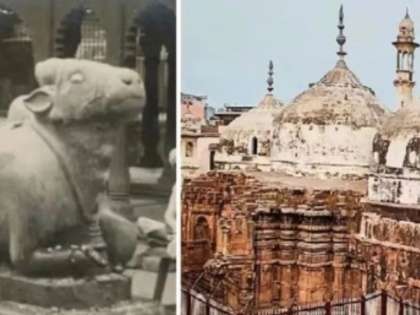
Gyanvapi Mosque Pillars, Walls Point to Hindu Temple, Archaeological Survey Finds
Following the inauguration of the Ram temple, Ayodhya now the focus has shifted to the Gnanavapi Masjid in Varanasi. Earlier, the court ordered ASI to make the survey reports public. Here is what the report says.
The Archeology Department of India (ASI) has released a report stating that there was a Hindu temple at the site of the Gyanvapi Mosque in Varanasi, India. The report is based on a survey of the mosque using ground-penetrating radar (GPR) technology, which revealed the presence of a well in the north hall of the mosque. The report also claims that the western wall of the mosque is the remains of the Hindu temple and that the pillars of the mosque were originally part of the Hindu temple.
The ASI report also mentions that inscriptions in Devanagari, Telugu, and Kannada languages have been found in the Gyanvapi area. These inscriptions, along with the symbols of Hindu gods and goddesses found on the pillars of the mosque, are considered to be strong evidence of a Hindu temple at the site.
The report concludes that the present construction of the Gyanvapi Mosque was built using pillars and plaster from the original Hindu temple. This has led to calls for the demolition of the mosque and the reconstruction of the Hindu temple.
The findings of the ASI report have been met with mixed reactions. Some Hindus have welcomed the report, while some Muslims have expressed concern about the potential implications for the Gyanvapi Mosque. The Indian government has said that it will respect the law and the courts will decide the future of the Gyanvapi Mosque.
Open in app